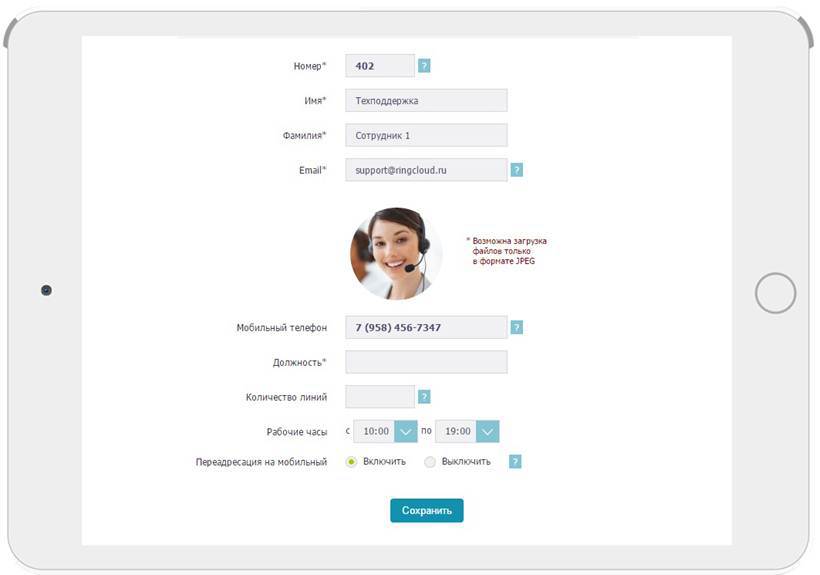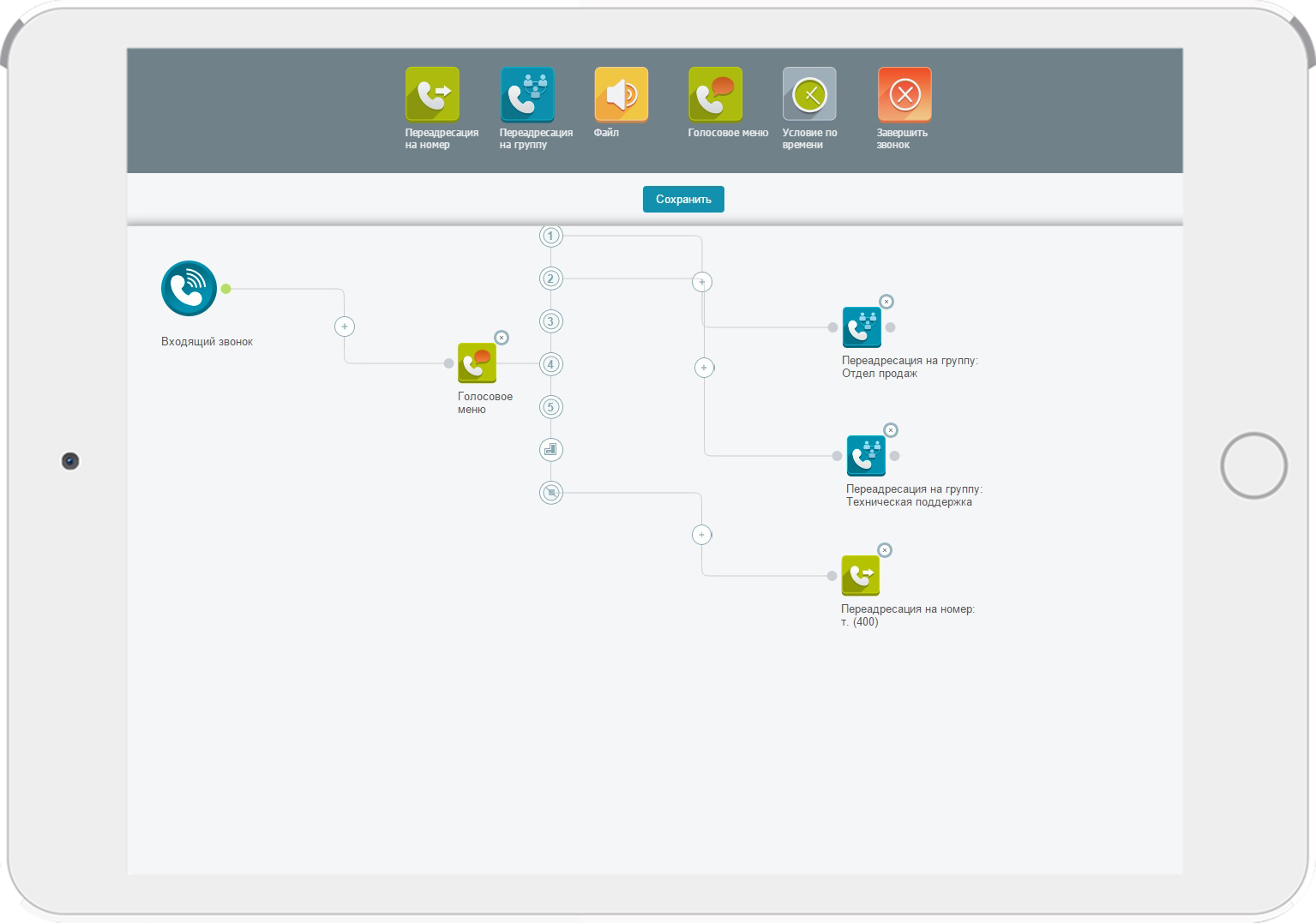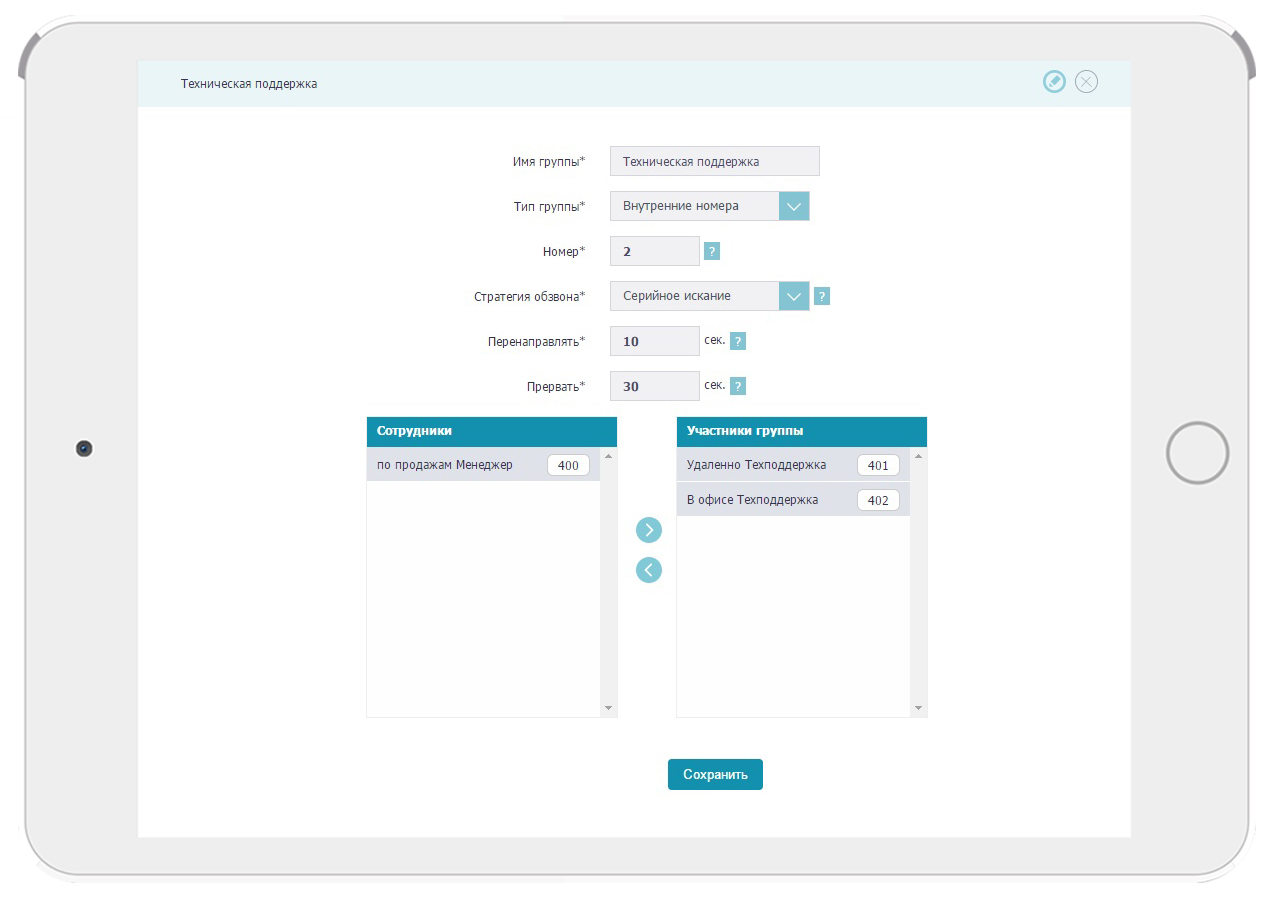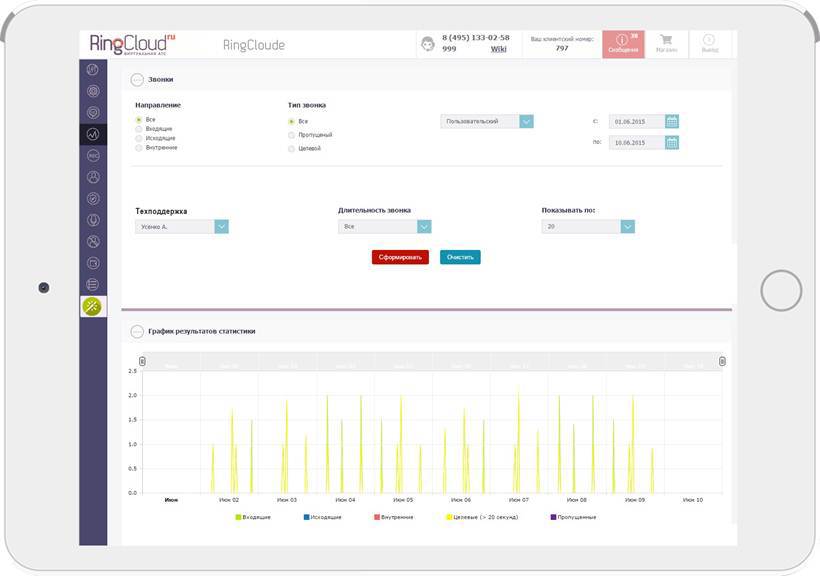Case: Organize the work of employees remotely

Virtual PBX RingCloud continues to publish cases on how telephony can help organize business processes for various fields of activity.
Earlier we talked about how telephony can help owners of online stores.
Now I am the owner of an online store (Part 1)
Now I am the owner of an online store (Part 2)
Now I am the owner of an online store (Part 3)
And how to “turn” a freelancer into a serious company using telephony. We
teach freelancers to lie
today, we would like to talk about how telephony can help remote employees in a company
At a time when the Internet has reached a great development, and the workflow is done electronically, people have the opportunity not to go to work. It is "not to go to the office", because you have to work anyway. A remote employee is convenient, cost-effective and affordable, much has been written about this. After all, in fact, the boss does not care where his subordinate is located: on the beach, in the park, on the couch - the main thing is that the volume of tasks is completed in full and efficiently. At the same time, it is possible to significantly reduce expenses in the payroll, which, you will agree, is pleasant during the crisis. You, as the employer, do not need to decide where to put such an employee, and the employee does not need to think about how he would not be late for work.
Everything seems to be fine, but how can the employer organize the work of such an employee? This is where the main difficulties arise, which employers sometimes do not know how to deal with, and therefore transfer staff to the office. We will try to answer how to organize the activities of a remote manager and make this employee comfortable and comfortable to work with. We will talk about what is close to us, namely, telephony .
To get started, let's figure out what kind of remote employees are.
Remote workers can be divided into two categories on a temporary basis. For example, a sick employee who temporarily works from home, and after recovery returns to the office. And an employee who works remotely on an ongoing basis, regardless of his movements and illnesses.
To begin, consider the simplest case when an employee works on a remote site temporarily. Imagine that you have only one person in those support. And now, the very day comes when this employee for one reason or another could not go to work. Of course, you can simply not accept calls that come to the number of those support. But we would not advise taking such an approach. Do not have time to look around, as you will see the sparkling heels of your customers. The problem is actually small here. You just need to enable call forwarding to the mobile technical support employee.

How is the processing of an incoming call in this case?
The call will go to the employee’s landline telephone, and if no one picks up the phone, it will be transferred to the mobile phone you specified. Why is it not worth sending a call right away to a mobile phone without first ringing a work phone?
Firstly, often in the office there are employees who can intercept the call to advise the client on his matter. In our example, these could be developers.
Let's look at the same example, but from the side of the employee of those support. The reasons for working remotely can be different: it is one thing when you lie with a temperature of about forty, another thing when you take a day off to stay at home with a child who is sick. That is why we give the opportunity to the employee who receives the call to make a choice: to accept the call or not to accept. We understand that there are situations when it is better not to answer the client than to answer. Think for yourself, what quality of advice your employee can provide if he travels on the subway or lies at a temperature under forty at home? But an unanswered call means that the client’s problem has not been resolved, which means the client is not satisfied or has left completely? This is not entirely true. If you do not accept the call, then the caller is asked to leave a message that will be sent to the mail.
Now let's look at the case when an employee works remotely constantly, using the same technical support as an example. Does an employee in support always have to sit in the office and receive calls? No not always. You can, of course, organize the work, as we have suggested above, but believe me: either the employee will run away from you, or the clients will begin to complain about the quality of communication and consultation.
What to do? In fact, everything is quite simple, there are two solutions:
1) you buy a full IP phone for an employee
2) you purchase a budget headset and install a softphone on an employee’s computer
So let's look at all the benefits of this approach. The first thing you get is the full integration of your employee into your existing telephone network. None of your clients will guess that the employee is not sitting in the office, but at home, or lying in a hammock in the country, well, or somewhere else, here we will not limit your imagination. The setup scheme will look like this:

Second - the call will be processed in accordance with all the processing rules that you create.

In our case, the call will first go to the employee on the remote, in the event that he cannot answer, since he is talking at that moment, the call will be sent to the office - to another employee.
Thirdly, all calls are very easy to control, since there is a call recording that you can always listen to and evaluate the quality of the consultation.

Fourth, you have complete statistics on how much your employee spoke and with whom. This way you can evaluate how busy your employee is.

Now let's look at the organization of work of such an employee. As we already said, the employee is fully integrated into your telephone network. His phone has a short number to which any colleague can transfer a call or call directly. If he has questions about the consultation or any other difficulties, he can easily transfer the call to the short number of his more experienced colleague.
So to summarize.
How to control the work of a remote employee?
1) You can find all statistics about missed and unanswered calls in the statistics
2) Call records you can listen to assess how you are satisfied with the quality of the consultation of such an employee
3) If you need to convey the essence of a task to such an employee, do not be sure to write a letter to the post office or to try to explain some complex things on Skype, you simply dial a short number
4) the phone can be integrated into your CRM system, and all entries will be automatically loaded into it
Tell us in the comments, the EU v Do you have remote workers and how you organize their work?
ps We know that many moviegoers read us. Starting picture, for you;)
